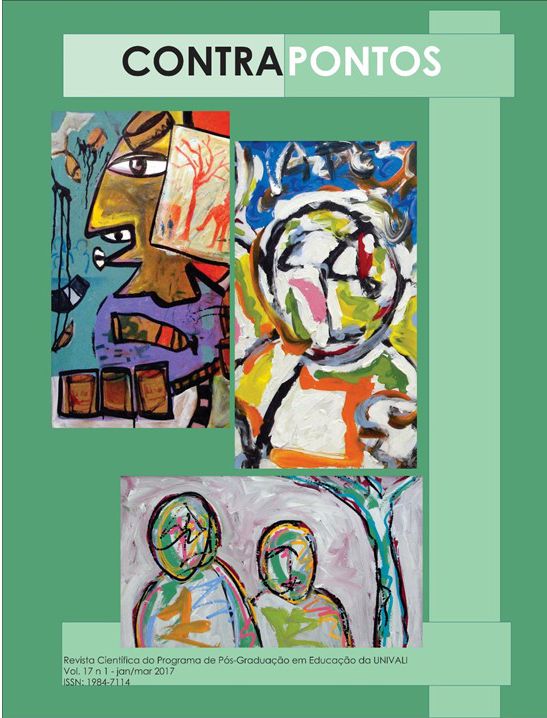

O estudo mostra que, com base na obra literária infantil de Monteiro Lobato (1882-1948), o autor dialogava e compartilhava com os pressupostos teórico-metodológicos do ideário escolanovista. Sua aproximação ficou expressa nos livros de literatura destinados às crianças, produzidos na primeira metade do século XX, momento em que esse movimento ganhou repercussão no país. Fundamentamos essa proposição discorrendo sobre o contato estabelecido por Monteiro Lobato com os pressupostos teóricos dessa teoria, bem como mostramos em Serões de Dona Benta, do ano de 1935, como a prática educativa do “Sítio do Pica-Pau Amarelo” se apropria dos modelos de educação propostos pela Escola Nova. Observamos que a educação desempenhava importante papel na formação moral e intelectual das crianças brasileiras, devido à necessidade de preparar trabalhadores às indústrias e os cidadãos à República. Para garantia dessa formação era necessário um outro modelo pedagógico. Monteiro Lobato teve contato com a nova corrente pedagógica quando publicou artigos que divulgavam essa corrente na Revista do Brasil, com a leitura de livros de autores renovadores e pela amizade mantida com educadores brasileiros ligados à corrente, como Anísio Teixeira. Notamos que Lobato compartilhava dos ideais da Escola Nova pela leitura de seus livros infantis, ao projetar uma escola em que a criança (personagens) participa ativamente do seu processo de aprendizagem, livre para descobrir seus interesses e aprofundá-los quando desejasse. Assim, caberia à professora (Dona Benta) fornecer os meios necessários para que elas pudessem aprender por meio de brincadeiras, ativando a imaginação. Para tanto, os conteúdos científicos se tornariam essenciais à sua formação, a aprendizagem se iniciava pela experimentação e observação por meio dos cinco sentidos e daquilo que a criança vivenciava no seu dia a dia, nesse processo o material escolar tornava-se uma ferramenta imprescindível para a aprendizagem.






A CONTRAPONTOS é uma publicação reconhecida pela área da Educação, seriada, arbitrada e dirigida prioritariamente a uma comunidade acadêmico-científica. Vem circulando nacionalmente desde 2001.

